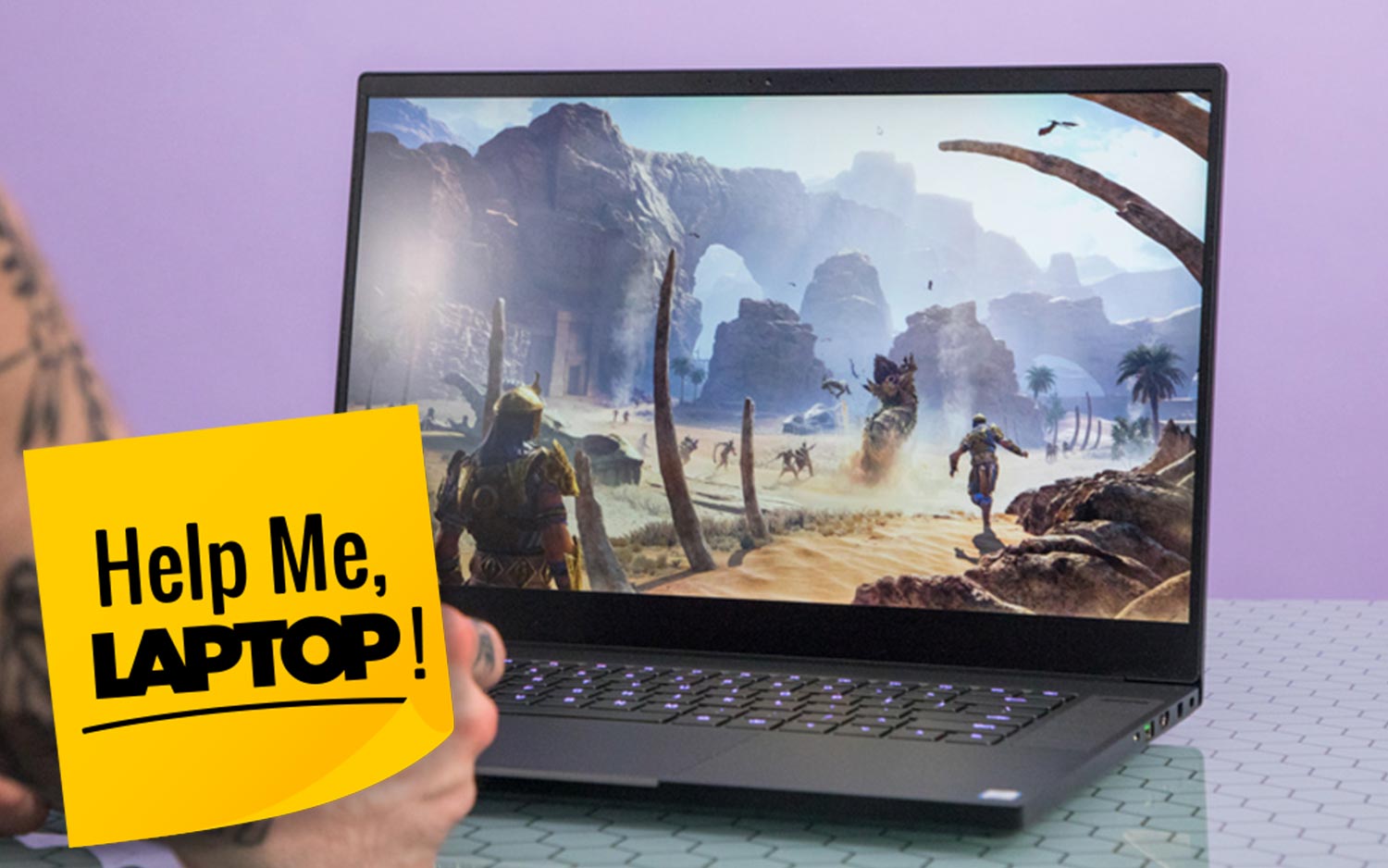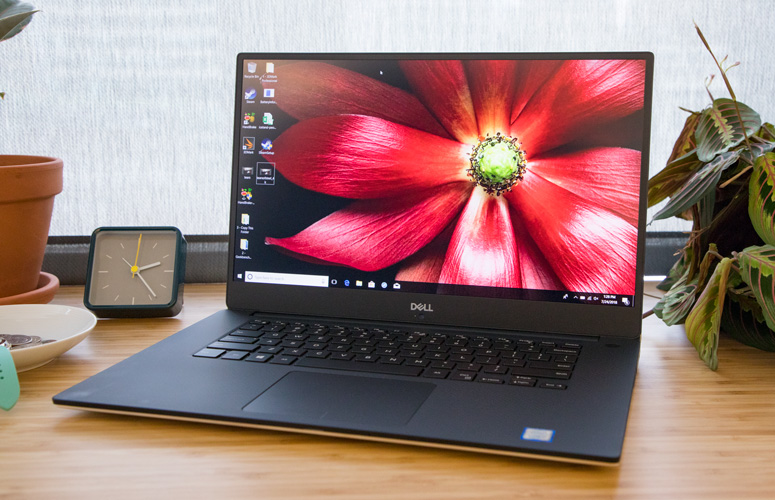Help Me, Laptop: Should I Buy the Razer Blade or the Dell XPS 15?
If you're a college student enrolled in certain degree programs, like architecture or engineering, you'll need a laptop that can run demanding software. But which one is best for you? That's the question Laptop Mag reader netsuJ is hoping to get answered.
NetsuJ is in the market for a thin and lightweight laptop with strong performance and a capable graphics card for casual gaming. The student wants the machine to be portable but powerful enough to run Photoshop and AutoCAD.
"I'm in using this for college and super casual gaming. But for college I'm looking for a ultrabook that's thin and small," netsuJ wrote. "No bigger than a 15” (the XPS is pushing it). I will use this for programs like photoshop and autocad for the future also."
With a $2,000 budget, our reader should have no issues finding a laptop that fits all those criteria. NetsuJ narrowed down the search to two laptops: the 14-inch Razer Blade and the Dell XPS 15 9560. These are two excellent options; however, because the Blade has been discontinued and the XPS 15 9560 has been replaced, we don't recommend either of them unless you've found a killer deal.
Instead, consider the new 15-inch Razer Blade and the XPS 15 9570. Both laptops are relatively portable and are made of premium and durable materials. They also have dedicated graphics cards and enough power to tackle anything you throw at them.
Razer Blade 15 vs. Dell XPS 15
For hard-core gamers, the $2,200 15-inch Razer Blade is the laptop to buy. Its Nvidia GeForce GTX 1060 Max-Q GPU is a big step up from the GTX 1050 Ti found in the XPS 15, and the 144-Hz panel is a joy to use.
Sign up to receive The Snapshot, a free special dispatch from Laptop Mag, in your inbox.
But for everyone else, the XPS 15 is the better overall device. The 4K XPS 15's battery lasts several hours longer than the Razer's, and its display is one of the best we've ever tested. Most important, the XPS 15 costs significantly less than the new Razer Blade. As of this writing, you can purchase the 4K XPS 15 9570 with a Core i7 CPU, 16GB of RAM and a 256GB SSD for $1,950 via Dell's website.
Other alternatives
There are a few less-expensive options to consider, as well. The Asus ZenBook Pro 15 is another lightweight 15-inch laptop with discrete Nvidia GTX 1050 Ti graphics. The laptop's defining feature is a 1080p LCD panel that is built into the touchpad, which provides a serious productivity boost. Unfortunately, at 4 hours and 5 minutes, the ZenBook Pro 15's battery life is atrocious. For $1,800, you get a 4K display, a Core i7 CPU, 16GB of RAM and a 512GB SSD.
The $1,720 HP Spectre x360 (Kaby Lake G) is another portable 15-inch laptop with discrete graphics. The 2-in-1 has a gorgeous design, strong performance and an impressive 4K display. The included AMD Radeon RX Vega M graphics should have no problems playing most new games at low settings. Unfortunately, the battery life isn't a strong point, and the laptop runs a bit loud.
MORE: The Best Laptops for Every Need
The Huawei MateBook X Pro should also be on your short list. With a 14-inch display, this sleek laptop is more portable than the others. And because its battery lasts nearly 10 hours, you can leave your charger back at the dorm. Note, however, that the MateBook X Pro is powered by U-series Intel chips, not the more powerful H-series, and the included GPU is the least powerful of those mentioned here. The $1,500 Huawei MateBook X Pro also has limited availability, at least in the U.S.
Bottom line
If you want the best laptop for gaming, go with the Razer Blade, for its Nvidia GeForce GTX 1060 GPU (if you can find it for less than $2,000). Otherwise, the Dell XPS 15 is the best all-around 15-inch laptop on the market, with outstanding battery life, a premium design and a gorgeous display. However, if you want the best value, consider the Asus ZenBook Pro 15 and the HP Spectre x360, which offer high-end configurations at a lower price than the Dell and Razer. And if you prefer a more portable device, start your search for a Huawei MateBook X Pro.
Credit: Laptop Mag
Phillip Tracy is the assistant managing editor at Laptop Mag where he reviews laptops, phones and other gadgets while covering the latest industry news. After graduating with a journalism degree from the University of Texas at Austin, Phillip became a tech reporter at the Daily Dot. There, he wrote reviews for a range of gadgets and covered everything from social media trends to cybersecurity. Prior to that, he wrote for RCR Wireless News covering 5G and IoT. When he's not tinkering with devices, you can find Phillip playing video games, reading, traveling or watching soccer.




